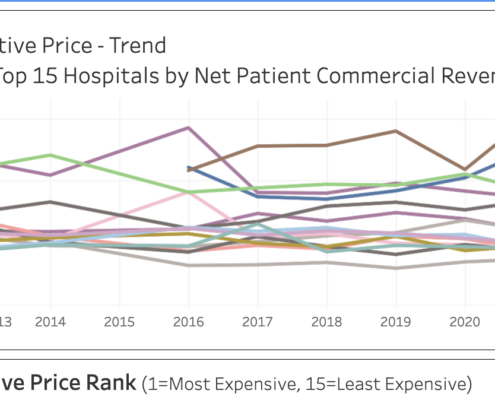Foster Family Fixes: Serving Our Most Vulnerable Children with Foster Care Reform
/0 Comments/in COVID Health, COVID Podcasts, Featured, Healthcare, News, Podcast Hubwonk /by Editorial StaffJoin Joe Selvaggi and Pioneer Senior Healthcare Fellow Josh Archambault as they discuss specific reforms that could improve the current foster care system. Josh shares findings from his recent research, as well as his experiences as a foster parent himself. Read Josh’s recent USA Today op-ed on this topic.
Interview Guest:
Josh Archambault is Pioneer’s Senior Fellow on Health Care Policy. Prior to joining Pioneer, Josh was selected as a Health Policy Fellow at the Heritage Foundation, served as Legislative Director for State Senator Scott Brown, and as a Senior Legislative Aide in the Governor’s Office of Legislative Affairs. Josh holds a Masters in Public Policy from Harvard University’s Kennedy School and a BA in Political Studies and Economics from Gordon College.
Get Our COVID-19 News, Tips & Resources!
Related Research

Do No Harm to the Health Policy Commission
New Online Tool Tracks MA Hospital Revenue from Commercial Sources

Study Finds Obstacles to Search for Opioid Substitute

Transformative Medical Therapy Will Require New Cost-Benefit and Pricing Models

Genetic Therapy Revolution: Benefits and Barriers for Medicine’s New Horizon

Boston Children’s, MGH Among Massachusetts Hospitals with Highest Relative Commercial Prices

Middlemen Pushing Up Retail Costs of Drugs

Telehealth Progress Slowed in 2023

‘High’ U.S. Drug Prices Mask Freeloading by Other Nations

Drug Discount Distortions: How Middlemen Increase Costs and Reduce Access

Study: High List Prices and Deep Discounts for Prescription Drugs Hurt Poor and Sick Patients

Out-of-Pocket Pirates: Spotlight on Accumulator & Maximizer Programs



